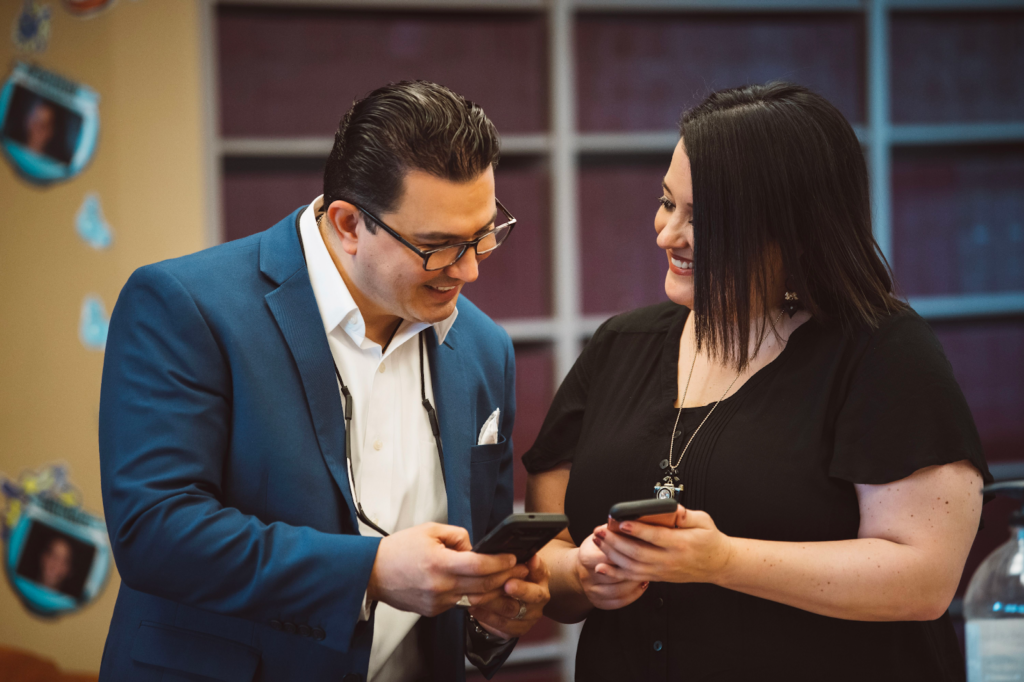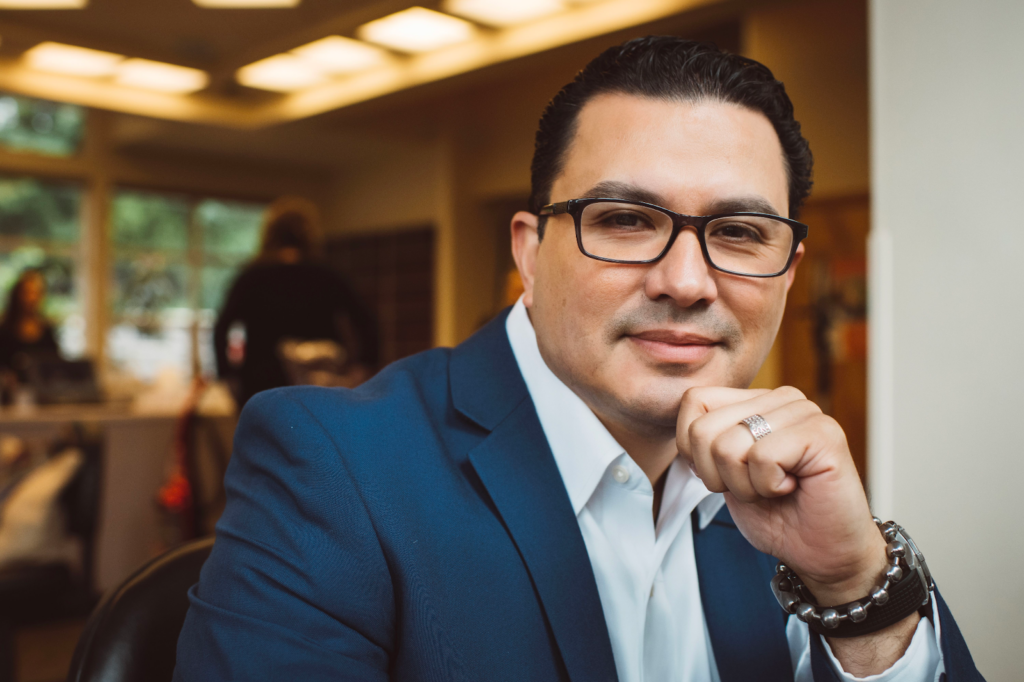Here at Master Orthodontics, we know that it’s the last thing on most of our patients’ wish lists to face the possibility of tooth extraction. And that’s why we work to ensure that our patients in and around Bremerton, Port Orchard, and Gig Harbor always have the healthiest, happiest smiles possible! Restorative and preventative care is always going to be the first choice when it comes to dealing with issues that could potentially lead to extraction, but sometimes, that’s absolutely going to be the best choice.
And that’s why we’ve decided to get together and go over extraction vs. non-extraction therapy. Which is right for you? What does extraction therapy mean for your smile? Are there alternatives to extraction?
We’ll answer these questions and a whole lot more below, so keep reading!
Extraction Therapy – What Is It?
First things first – what even is extraction therapy? Well, as the name suggests, extraction therapy is all about dealing with orthodontic or dental issues that are problematic enough and potentially hazardous to your overall oral well-being; the best thing to do is just get rid of the offending tooth.
To put it another way, Extraction therapy, otherwise referred to as tooth extraction or orthodontic extractions, is a procedure we sometimes employ in orthodontics that involves removing one or more teeth to create space and facilitate the proper alignment of the remaining teeth. It is typically done as part of orthodontic treatment to correct dental malocclusions (misalignments of the teeth and jaws).
That means that you and Dr. Caballero have decided together that removal is the best step for you and your smile.
We’ll decide together to perform extraction therapy based on a number of different factors, including the severity of the malocclusion, the size of the dental arches, the relationship between the jaws, and how much available space there is for tooth movement. Orthodontists like Dr. Caballero carefully evaluate these factors and consider the overall facial profile and what you need for a healthy bite before recommending extraction as a treatment option.

Ok, But What About Non-Extraction Therapy?
So on the flip side, non-extraction therapy involves any number of different therapeutic options that do not ultimately result in the removal of a tooth or teeth. Instead, in non-extraction therapy, we’ll focus on utilizing your existing space within the dental arches and employing various techniques to create additional room for tooth movement. That way, you get the best smile possible and the healthiest bite without having to get rid of any teeth.
You’re a perfect candidate for non-extraction therapy in the event that you have the following:
Mild to moderate crowding:
Non-extraction therapy is perfect in the event that the degree of crowding is manageable and can be effectively addressed without the need for tooth removal. In that case, we’ll use standard orthodontic appliances, like braces or aligners, to gradually shift your teeth into their proper positions within the available space.
A well-balanced facial profile:
Non-extraction therapy is almost always going to be the way to go if your facial profile is already harmonious and balanced. In such cases, Dr. Caballero will aim to maintain the natural proportions of your face without altering the tooth-to-lip relationship significantly. Lucky You!
Favorable jaw relationships and functional bite:
Non-extraction therapy is much more feasible in the event that the relationship between your upper and lower jaws is well-aligned and your bite is relatively stable and functional. This means that your teeth fit together properly when the jaws are closed, and you aren’t dealing with any significant issues with chewing or speaking.
Dr. Caballero Said I Should Get an Extraction – What Now?
Good question! Sometimes, circumstances are such that an extraction just makes sense – but no worries! Our team is well-trained, and we use the best techniques, so you won’t have to worry about any issues.
Modern extraction therapy techniques focus on minimizing the invasiveness of the procedure. Orthodontists now employ a conservative approach, preserving as much dental tissue as possible while achieving the desired results. Minimally invasive extraction techniques reduce trauma to surrounding tissues, promote faster healing, and enhance patient comfort throughout the treatment process. That means that even if extraction is the best option for you, you won’t have to worry about excessive discomfort or any resulting orthodontic issues from the missing tooth!

Any More Questions? Call Today!
Thanks so much for reading up on extraction vs. non-extraction therapy! We hope you’ve developed a better understanding of this topic, and we encourage you to give us a call at 360-692-4811 for our Bremerton Office, 360-895-9099 in Port Orchard, or 253-851-8890 in Gig Harbor with any follow-up questions.
Better yet, just fill out this form, and we can get back to you asap so that we can get started on your smile journey together! Our patients are our family, and we’re excited for you to join ours!




